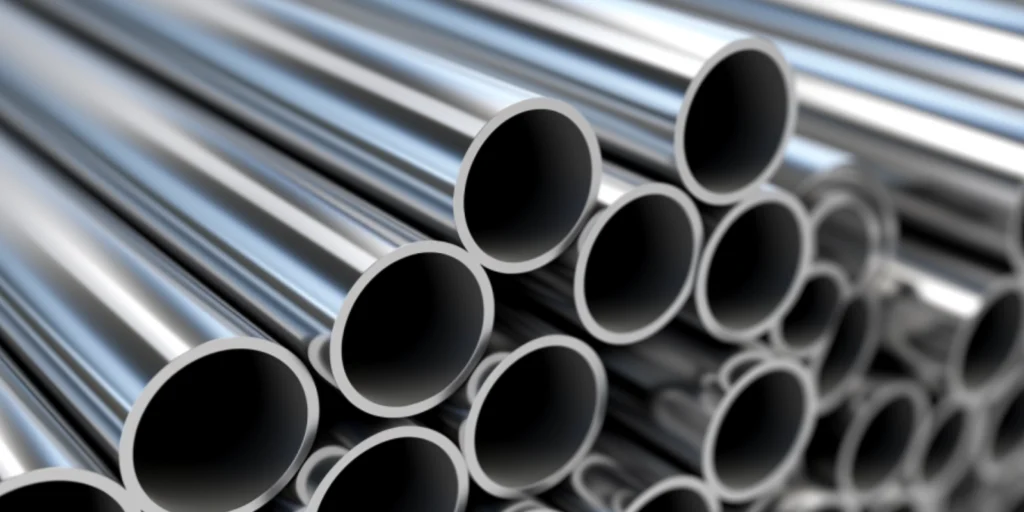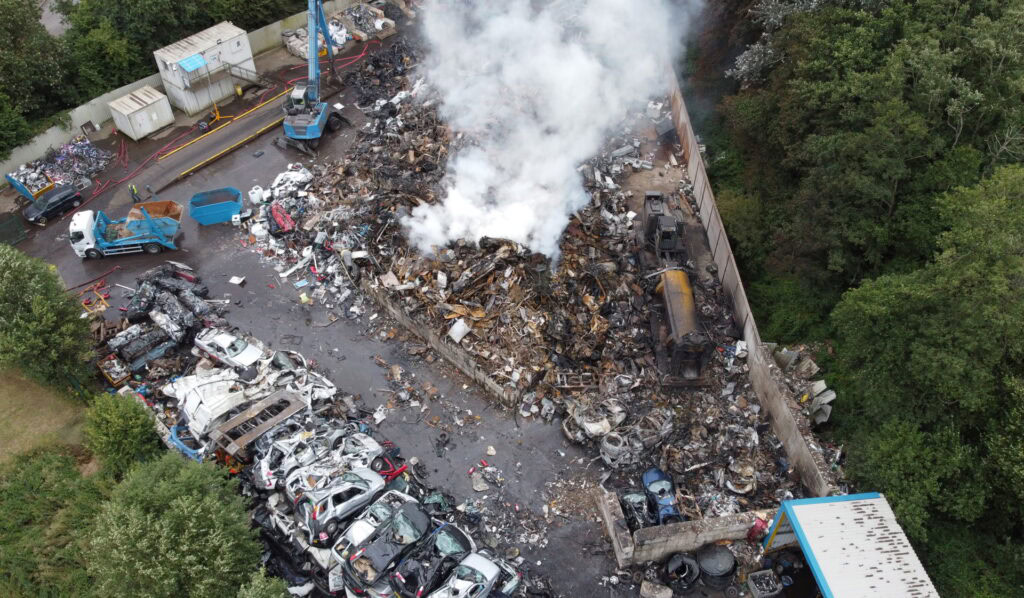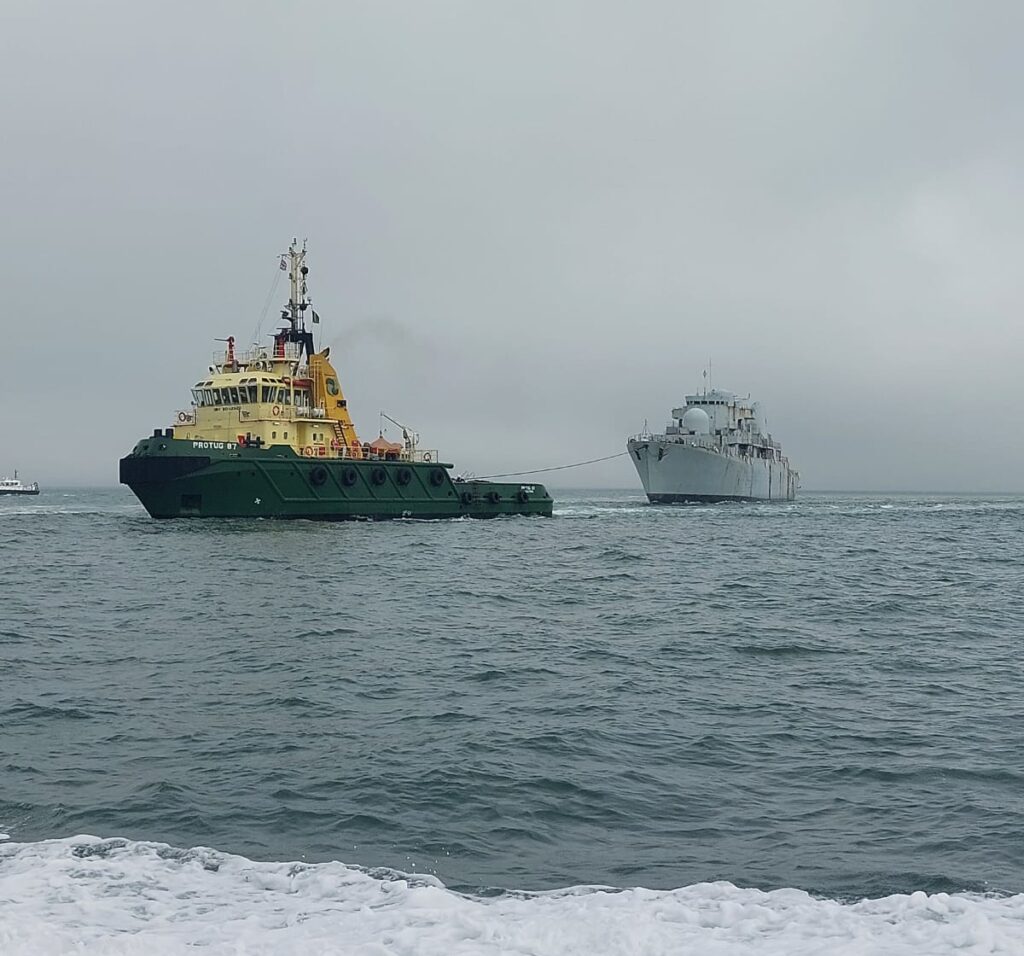The summit was held in Paris last week (27 February 2025) and looked to create a sustainable steel industry in Europe.
The associations have expressed concerns over two conclusions in particular:
- Firstly, the intention expressed by representatives of Belgium, Italy, France, Luxembourg, Romania, Slovakia and Spain to “secure access to raw materials while retaining steel scrap within the EU”.
- And secondly, the proposal to “restrict or ban exports to third countries that do not adopt environmental and production legislation similar to that of Europe”.
The associations warned that the two proposals are based on “demonstrably incorrect” assumptions.
No shortage of recycled steel exists in Europe
The statement said that the European recycling industry processes over 100 million tonnes of steel annually, with approximately 80% of the total output utilised domestically.
The remaining 20% is exported precisely because the EU lacks the capacity to utilise all available recycled steel.
EuRIC and BIR explained: “This is not a “leakage” but rather an efficient allocation of resources in a functioning market.
“Recycled steel – which we prefer to call by this name rather than “scrap” to reflect its true value – is exported because it is a commodity whose value is recognised by global markets.
“Decades of experience through established recycling supply chains and stable international trade have enabled European recycling companies to become world-leading facilities that set global standards for efficiency and environmental performance.”
Additional trade restrictions would harm European industry and environment
The associations warned that, following the adoption of the Waste Shipments Regulation (WSR), metal recyclers will already face increased challenges when exporting recycled steel.
They added that implementing additional export restrictions, when no material shortage exists, would artificially suppress prices of recycled steel and make produce counterproductive results, including:
- Reduced collection and processing rates of metal “waste” as economic incentives diminish
- Decreased investment in recycling infrastructure
- Market exit of numerous recycling companies as their business models become unsustainable
- Reduction in material availability as the recycling ecosystem shrinks
Mischaracterisation of recycled steel exports
The associations said that the proposals “fundamentally misrepresent” the nature of recycled steel or scrap.
They said: “Rather than fitting the definition of what is commonly refined as waste, recycled steel is a valuable commodity, used as feedstock for steel manufacturing worldwide.
“Cutting off access to European recycled steel would force many global producers to revert to more carbon-intensive Basic Oxygen Furnace (BOF) production, dramatically increasing global emissions and openly contradicting Europe’s climate leadership ambitions.”
Alternative proposals
The associations made several alternative proposals to those suggested at the summit. These included:
- Create lead markets for circular steel through mandatory recycled content targets in key sectors
- Implement public procurement policies that prioritise recycled materials
- Support investment and R&D for the recycling industry
- Ensure recyclers are meaningfully included in policy discussions and decision-making processes
Who makes up EuRIC and the BIR?
EuRIC, through its Member Federations across 23 EU & EFTA countries, significantly contributes to the European economy with a turnover of over 95 billion euros, providing over 300,000 local green jobs across Europe.
BIR represents over 30,000 global companies through 36 national member associations and over 1,000 direct corporate members across 71 countries.
They concluded: “[We] remain steadfast in their commitment to advancing a truly sustainable and circular economy for metals. We believe that well-functioning markets, not artificial barriers, are the foundation of environmental progress.
“As the recycling industry continues to innovate and invest in technologies that maximise resource efficiency, we invite all stakeholders—producers, consumers, and policymakers alike—to engage in evidence-based dialogue that recognises the essential role recyclers play in building a more sustainable future. Together, we can develop approaches that harness rather than hinder the power of international markets to drive genuine circularity.”








Subscribe for free